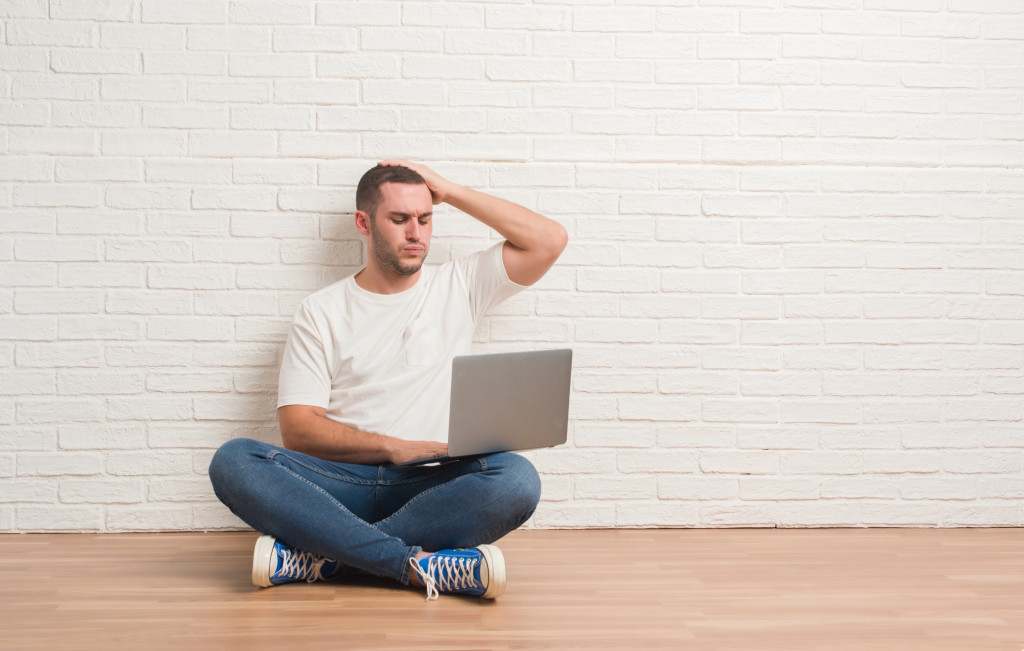Anxiety is a normal human emotion that everyone experiences at some point in their life. For some people, however, anxiety can become overwhelming and start to interfere with daily life.
If this sounds like you, don’t worry, you can consider many things to manage your anxiety and reduce stress levels. Here are 10 practical tips to get you started.
1. Get Some Rest
Anxiety can be exhausting, both mentally and physically. One of the best things you can do to manage your anxiety is to make sure you are getting enough rest.
Go to bed and wake up at the same time each day. Ensure you’re getting enough time for sleep.
Sometimes anxiety creeps in and keeps you awake. If this happens, try deep breathing techniques to help you relax.
2. Go for a Medical Checkup
If you are feeling anxious for an extended period, it may be a good idea to go for a checkup in an urgent care facility. There could be an underlying factor causing your anxiety, such as illness or medication side effects.
During your visit, the doctor will ask you questions about your physical and mental health, including any symptoms you have experienced in the past. You should feel comfortable talking to your doctor openly so that they can provide the best possible care for you.
If there is an underlying cause of your anxiety, such as illness or medication side effects, these will be identified during this visit. Once identified, the doctor can adjust your medication or treat the condition causing the symptoms.
3. Take Things Slow
When you are feeling anxious, it can be tempting to try to do everything at once. However, this is not recommended. When you are feeling overwhelmed, it is best to take things slow and break tasks down into smaller chunks.
For example, if you have an essay due in three days, don’t wait until the last minute to start writing. Instead, plan and set aside time each day to work on it gradually.
If a task feels too overwhelming, just give yourself breaks. Focus on one task at a time and break it down into smaller steps.
4. Practice Deep Breathing
You can also practice deep breathing when you are feeling anxious. In times of stress, our breaths tend to be shorter and shallower. Deep breathing helps to reverse this pattern and brings more oxygen into the body.
Deep breathing exercises are a great way to calm the body and mind. They bring your attention to the present.
To practice deep breathing, sit or stand with your spine straight and inhale through your nose for a count of four.
Hold your breath for a count of four and then exhale for a count of eight. Repeat this cycle five times.
5. Surround Yourself with Social Support
One of the best ways to manage anxiety is to surround yourself with social support. This can be a friend, family member, neighbor, or anyone you can trust.
Talk to the people in your life about what you are going through. Let them know how they can support you and ask for help when you need it.
The more connected we feel, the less isolated and alone we feel, which can be a major trigger for anxiety.
If talking to people in person is difficult for you, find virtual support groups.
6. Seek Professional Help

If you find that your anxiety is interfering with daily life and affecting your work performance or relationships, it may be time to seek professional help.
A qualified therapist can identify what is causing your anxiety and develop strategies for managing it.
If you are feeling uncomfortable or anxious about seeking help, remember that therapy is a confidential process. You can always talk to your therapist about any concerns you have.
7. Divert Your Attention
Sometimes the best way to cope with anxiety is to divert your attention elsewhere. This could be anything from reading a book or doing a crossword puzzle to listening to music or watching TV. Do whatever works for you to take your mind off of your worries as long as it is safe.
When we are anxious, our thoughts tend to focus on the problem or situation causing us stress. Diverting your attention can help to break this pattern and give you a temporary break from the anxiety.
Find activities that you enjoy and make time for them each day. This will help reduce stress levels overall.
8. Exercise Regularly
One of the best things you can do for your body and mind is to exercise regularly. Exercise helps to release endorphins, known as “feel-good hormones” that promote a sense of well-being.
Exercise doesn’t have to mean going to the gym or doing strenuous activity. It can simply be going for a walk, playing with a pet, or doing yoga. Any activity that gets you up and moving is beneficial.
Exercise also helps to distract your mind from stressful thoughts by focusing on the physical sensation of your body as it moves through space. You can find many exercise videos online if you don’t want to go outside or go to a gym.
We hope you found these tips helpful! If you are struggling with anxiety and need help, know that many are ready to help.







